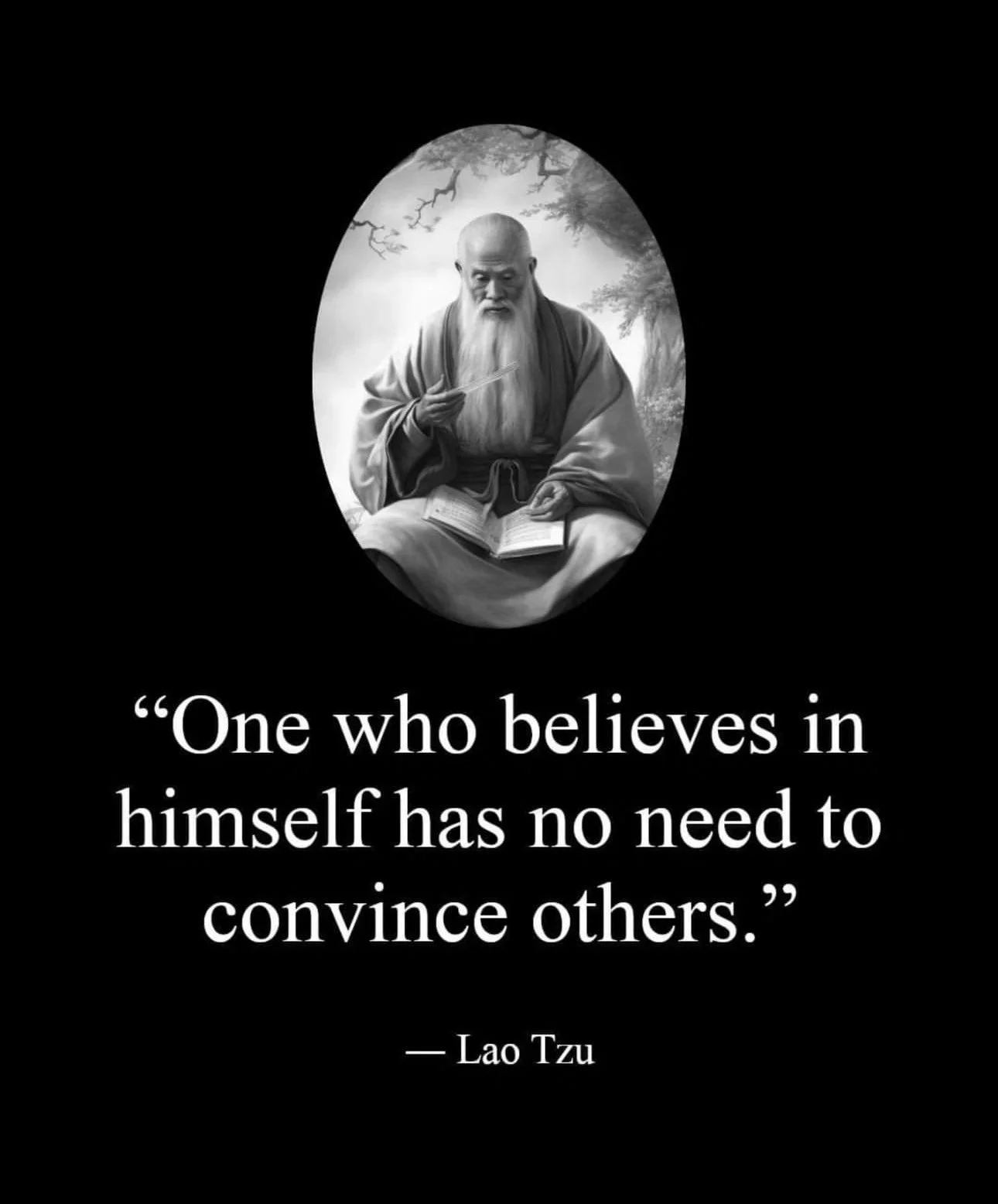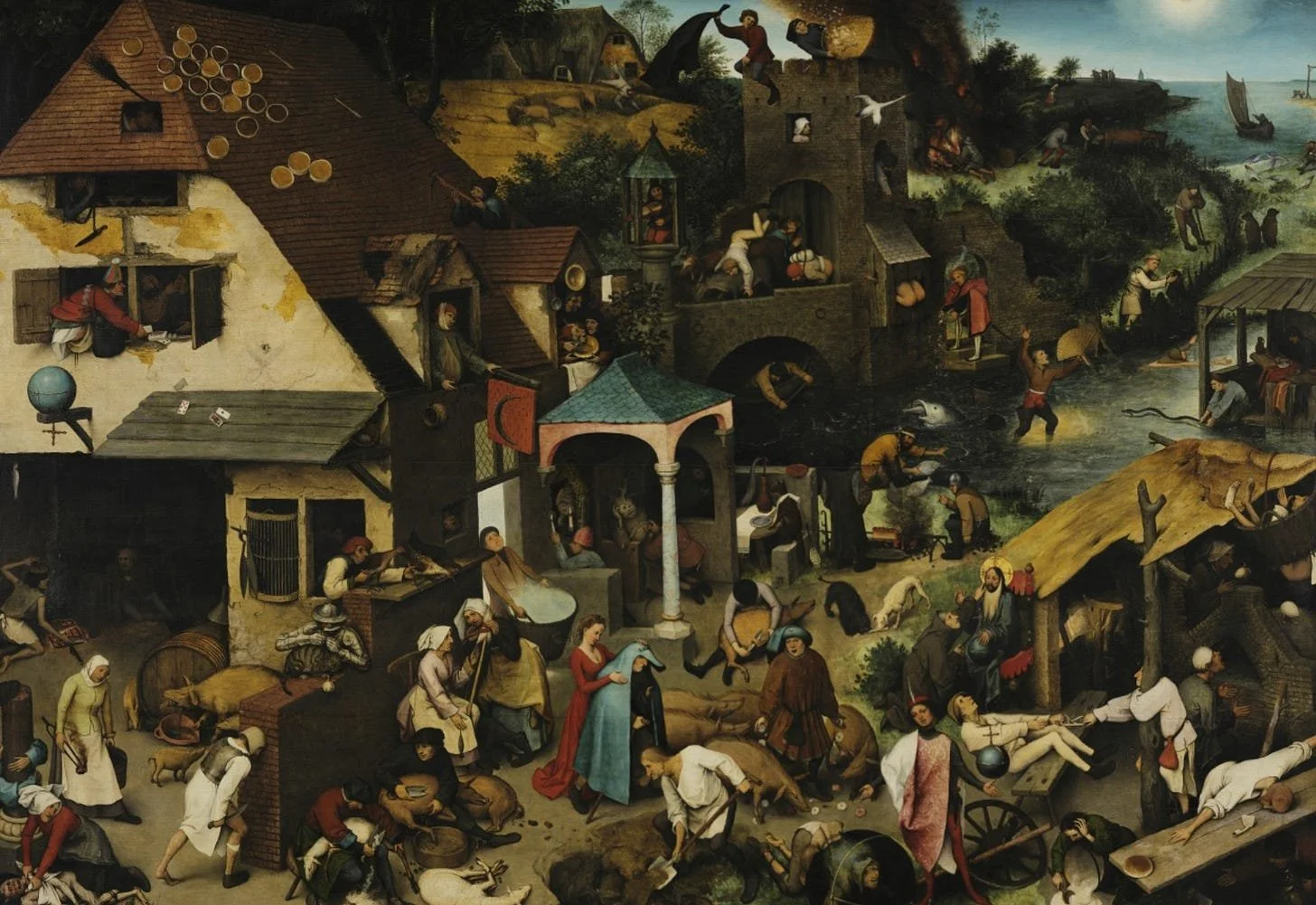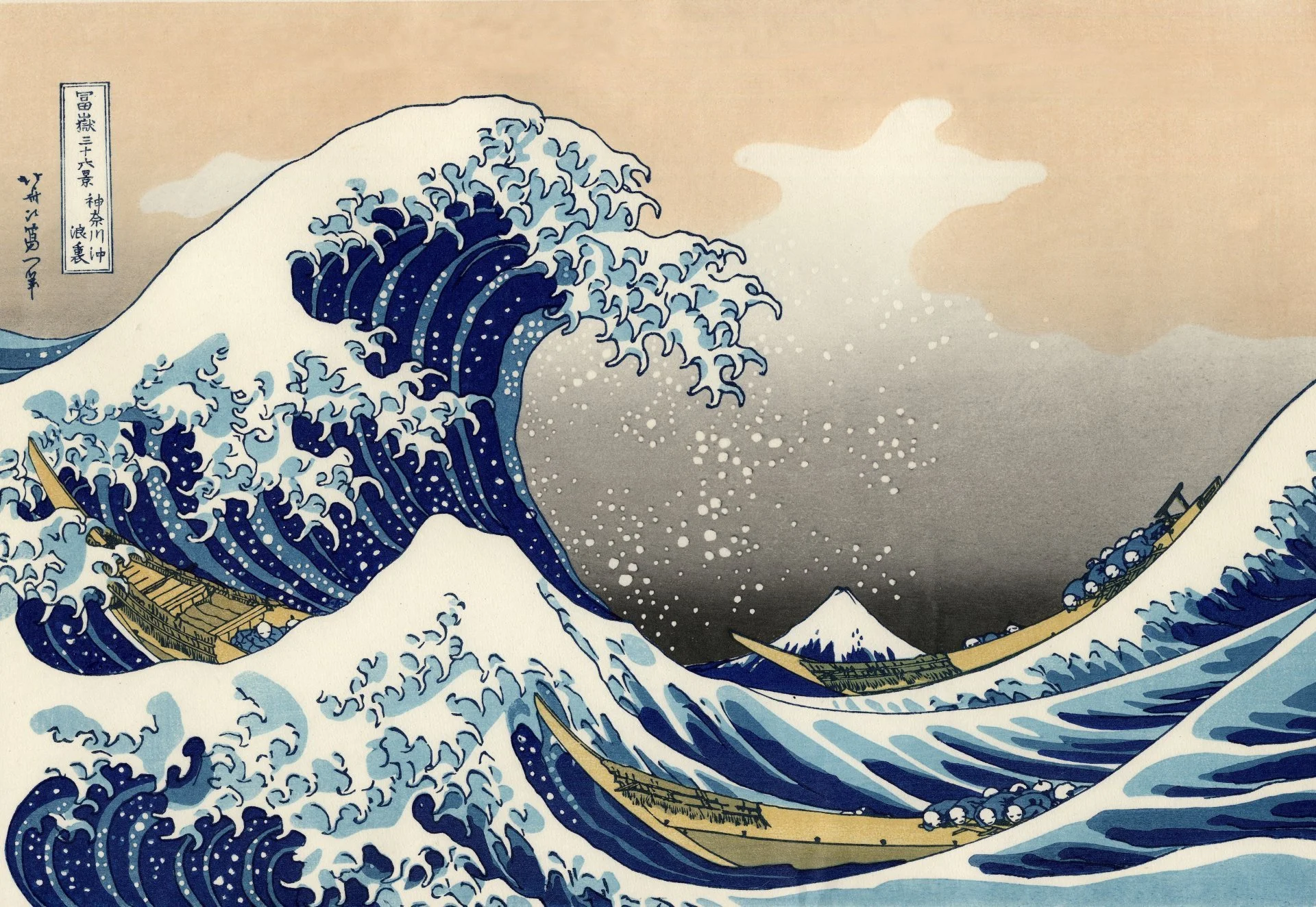On confidence
Motivation is the enthusiasm to do something.
Confidence is the belief one can do it, often influenced by past success.
Confidence is quiet
Confidence needs no introduction. It manifests in what we do, not what we claim.
You recognize it not by reaction, but by calm. Not by certainty, but by clarity.
"We tend to trust people who appear confident—even if that trust isn’t always deserved,” says Dr. Daniel Kahneman.
In leadership, relationships, or personal decisions, we gravitate toward people who believe in themselves, not because they’re always right, but because they show up with presence, conviction, and composure.
That’s why confident people don’t need to convince or complain. They don’t broadcast belief, it just shines.
And when they fall short, they don’t spiral. They reset, reflect, and return.
Because true confidence isn’t about being perfect. It’s about being anchored.
Confidence and taste
Confidence in personal taste is a crucial asset in creative fields, demonstrating that a clear understanding of likes and dislikes can guide successful collaboration with artists. While technical skills may enhance the ability to create, a decisive taste and intuition can often lead to more meaningful contributions. Intuition acts as a hypothesis generator, allowing individuals to propose ideas and engage in debates to evaluate their validity. By refining these hypotheses through analysis and discussion, one develops a robust framework for decision-making in product design.
This iterative process of generating and testing ideas enables a deeper understanding of what is effective and valuable in a product, ultimately enhancing intuition and product taste.
Types of confidence
Confidence comes from things such as shelter, savings, basic needs, and desires. Things can be taken, and confidence will be shaken.
Confidence from the ability to do things and get things done, the ability to exercise, lead projects, sit alone in a room, and plan an adventure. Accidents happen, one day you can, the other you can't, this confidence can be taken.
Confidence from those you are connected with. This kind of confidence is rooted in belonging. In knowing that you are not alone. That someone has your back. It’s the quiet strength that comes from being part of a tribe, a team, a family, or even a single trusted relationship.
Confidence from self, confidence in who you are. When you believe you will always figure it out, that you can't change the wave but you can surf it — that confidence can only be taken by death.
What we have, what we can do, who we know, and who we are.
Getting reps
Confidence often grows through repetition, exposure, and practice — because familiarity turns the unknown into the known. When we first face something unfamiliar, it’s natural to feel uncertain or hesitant. But each time we show up, take action, or even fail forward, we gather data. We start recognizing patterns. What once felt intimidating becomes navigable.
Reps improve our skills and reduce our fear. Over time, we stop asking “can I handle this?” and start thinking, “I’ve seen this before, I know what to do.” That shift—from unfamiliar to familiar—is the quiet engine behind durable confidence.
Not all confidence is made equal; I am confident speaking on camera, maybe less so speaking in massive stages. To me, the “quality of confidence” is determined by three factors: knowledge, practice, and natural talent, talent being the least important component. Someone who has practiced public speaking a hundred times will outperform a naturally gifted speaker with no experience. The practiced speaker has weathered nervousness, forgotten lines, hostile questions, technical difficulties, and survived each time, building both skill and psychological resilience.
The traveler's advantage
In a foreign city, we grow reluctant to ask anyone to guide us to the nice bars, because they might think us an ignorant, lousy lost tourist.
This hesitation costs us hidden gems and meaningful encounters, it's something you have to experience yourself.
Travel strengthens the second type of confidence—confidence in our ability to do things and figure it out. Each small success—finding your way back to the hotel without GPS, successfully ordering a meal with hand gestures, making a local smile despite the language barrier—reinforces our belief that we can handle the unknown, and we build evidence of our capability.
This confidence transfers to other areas of life. The person who successfully navigated Tokyo's subway system without speaking Japanese brings that same resourcefulness to work challenges. The traveler who found shelter during an unexpected storm in the Alps approaches business setbacks with similar calm problem-solving. The traveler who got the car towed in the middle of Highway 15 and still made it to the party in Vegas learned how to tell great stories.
The world is a book, and those who do not travel read only one page.
First time in New York, 1st of January, 2016.
Accepting imperfections
Confidence is often misunderstood as unwavering self-assurance. However, true confidence comes from accepting our imperfections. No human is always wise or without their blind side.
I have been a fool before, and I will be a fool again. Bruegel's “Dutch Proverbs” visually captures this idea - a chaotic canvas where everyone engages in foolish acts. This perspective should free us from the paralyzing fear of embarrassment. It's normal to feel foolish the first time we try something new. Practice builds confidence.
Netherlandish Proverbs, Pieter Bruegel the Elder
The harmony of confidence
"Did you ever see a badly designed wave? No, they always do the right thing." Great thought exercise by Alan Watts.
Treating yourself as a wave means understanding you can't make a mistake, whatever you do. Even seemingly disastrous choices will, as he said, "all come out in the wash one way or another."
Through this acceptance comes genuine confidence, not the brash certainty that never doubts, but the quiet knowledge that you'll navigate whatever comes.
Like Hokusai's Great Wave, true confidence has both power and grace.
It comes from many sources: what we possess, what we can do, who we are, and who stands beside us. Each type serves a purpose.
Confidence from things provides stability. Confidence from abilities creates capability. Confidence in oneself offers resilience. Confidence from others gives us support. Together, they form a complete picture.
The wave doesn't question its purpose or path. It simply flows with natural power, adapting to every shore it meets.
Embrace natural imperfections, accumulate meaningful experience, and trust our ability to navigate the unknown.
Once you realize the value you bring to other people's lives, confidence is no longer about self-promotion, in fact, confidence is no longer the right word — it's about purpose. Instead of agonizing about what others might think of you or your work, concentrate on the unique perspective you bring.




